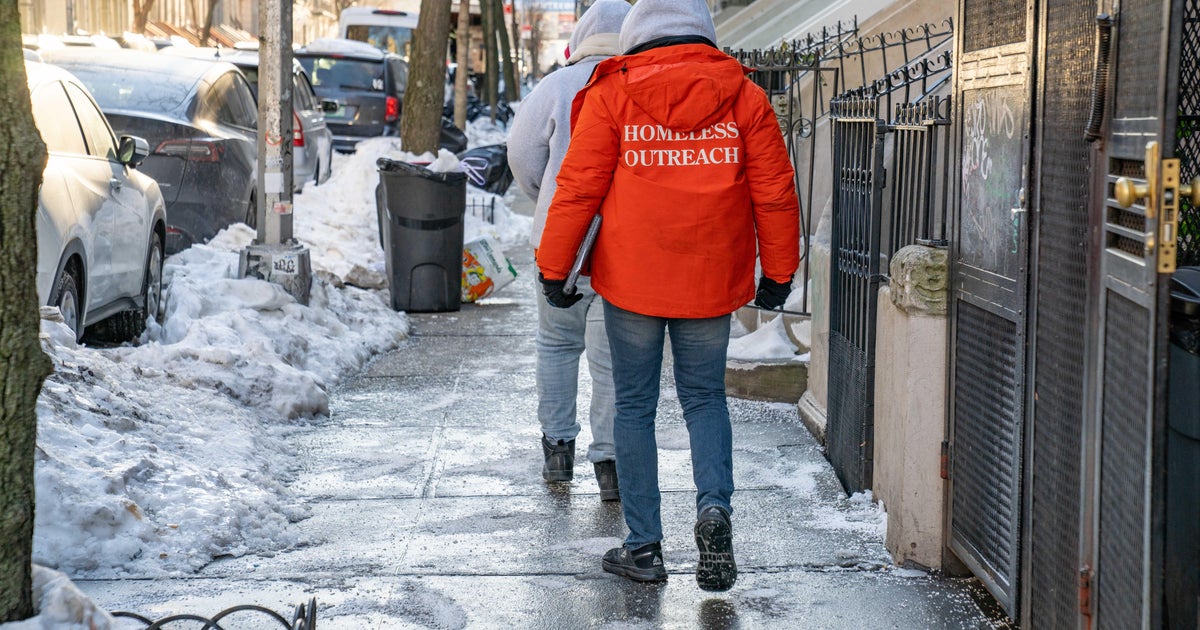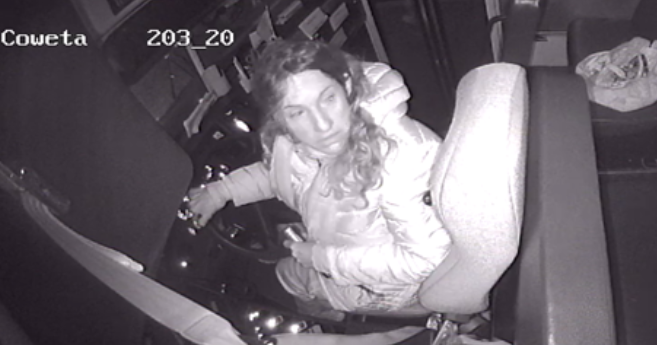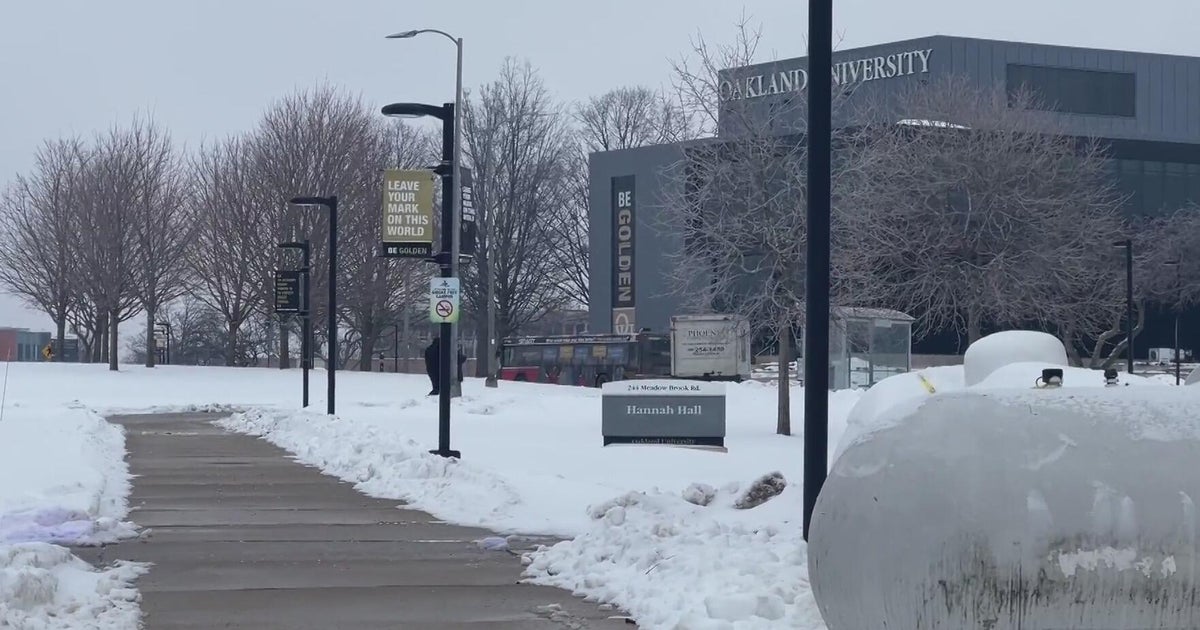First Confirmed Case Of Omicron BA.2 COVID-19 Subvariant Found In Illinois
CHICAGO (CBS) -- The first confirmed case of the BA.2 subvariant of the Omicron COVID-19 variant has been detected in Illinois.
As CBS 2's Marie Saavedra reported Monday night, doctors and scientists have watched the subvariant for more than a week now as BA.2 showed up overseas. It has been stateside for days, and the first Illinois case was found over the weekend by Northwestern Medicine's Center for Pathogen Genomics and Microbial Evolution.
The person who was infected tested positive for COVID-19 on Jan. 18.
COVID-19 researcher Ramon Lorenzo-Redondo with Northwestern's Feinberg School of Medicine said last week that the subvariant is a "sibling" of the original Omicron variant. It is sometimes called "stealth Omicron," as it is widely considered stealthier than the original version of Omicron because certain genetic traits make it somewhat more difficult to detect.
There is no dire warning from the World Health Organization or talk of travel bans or such thing, like what we saw right after Thanksgiving with Omicron.
Nonetheless, this subvariant is behaving differently from the original BA.1 Omicron. But the advice on how to best defend against this strain hasn't changed.
Dr. Egon Ozer is the director of the Center for Pathogen Genomics and Microbial Evolution.
"It seems like there's so many variations and it's happening so quickly," Ozer said.
The subvariant is now confirmed in several states - Wisconsin also found its first case Monday. But researchers have been following its path across the pond.
In the U.K. and Denmark, original Omicron cases were on the downward slide when BA.2 popped up.
"Cases did increase quickly and there's been sort of a stall in the decreasing cases, so we're still watching that," Ozer said.
So how does this strain compare to its predecessors? Early research shows it to be even more transmissible than Omicron.
"BA.2 is a specific variant of omicron that carries a number of additional mutations that are thought to make it even more transmissible," Judd Hultquist, associate director of CPGME, said in a news release from Northwestern. "It is unclear if the arrival of this new variant will result in a surge of local cases, but it is an important reminder that we are still in the middle of an ongoing pandemic. Vaccinations, booster shots and the proper use of face masks are still the best ways to protect yourself and your loved ones from this virus."
But Omicron BA.2 hasn't made people as severely sick as Delta.
The best way to fight it is three shots of COVID-19 vaccine.
"Getting boosted really does provide superior protection against Omicron relative to just getting the two doses," Ozer said.
Even Dr. Ozer agrees this is likely just life now - a string of variants in waves that continue until more of the world is vaccinated.
"We don't hear about this with other viruses and that's because they're not infecting people - they're not causing so many infections at the same time; that that clock is just sped up for coronavirus that it can cause so many more infections so quickly; that it just has more opportunities to change," Ozer said.
This is why finding BA.2 here wasn't a surprise, but a matter of time.
This latest Omicron wave infected so many people at the beginning of this month, so Saavedra also asked about immunity.
Dr. Ozer said it is early, but it seems as if Omicron BA.1 and BA.2 might be similar enough that someone who just fought the virus could have some added protection against the subvariant.







